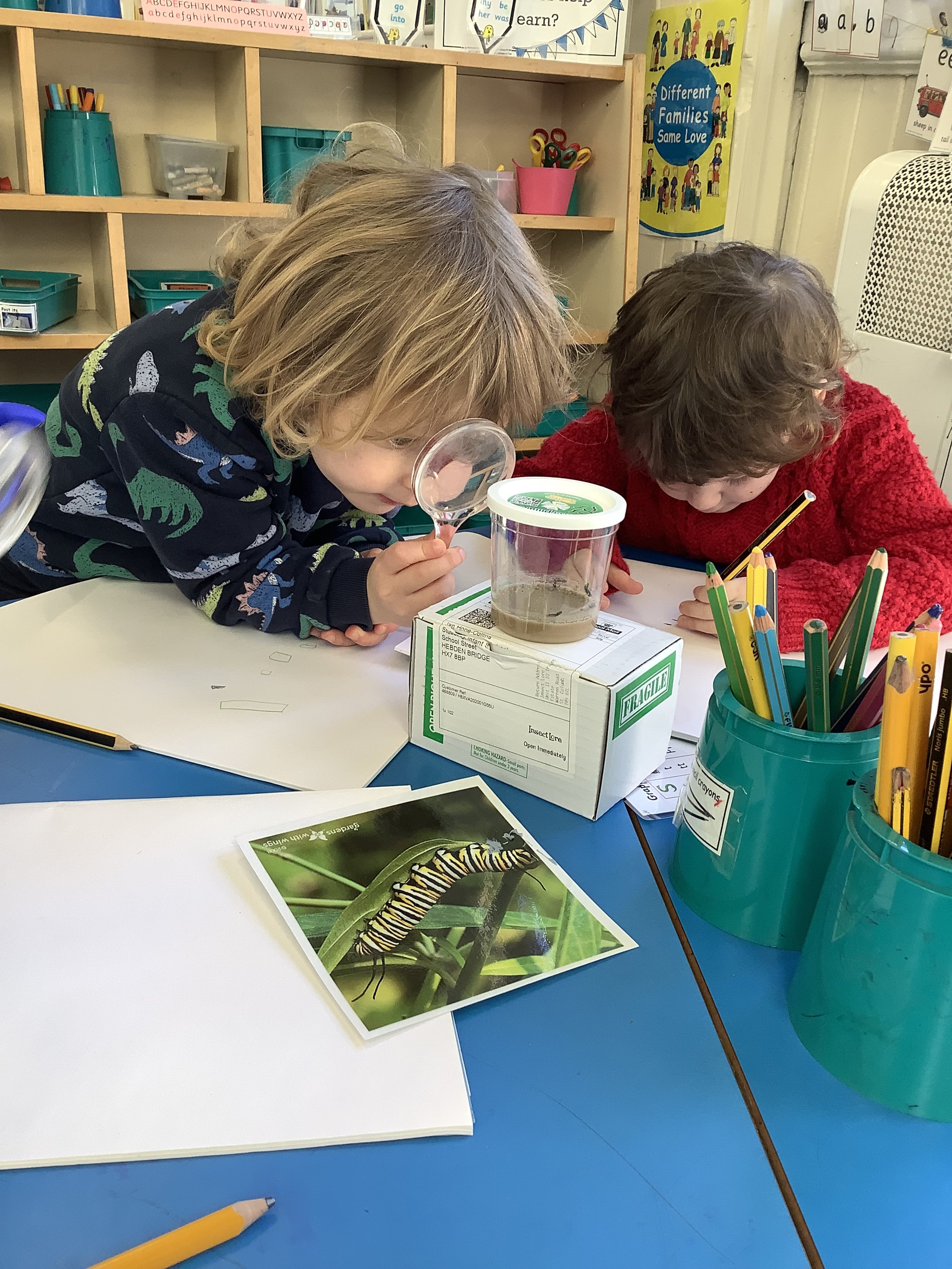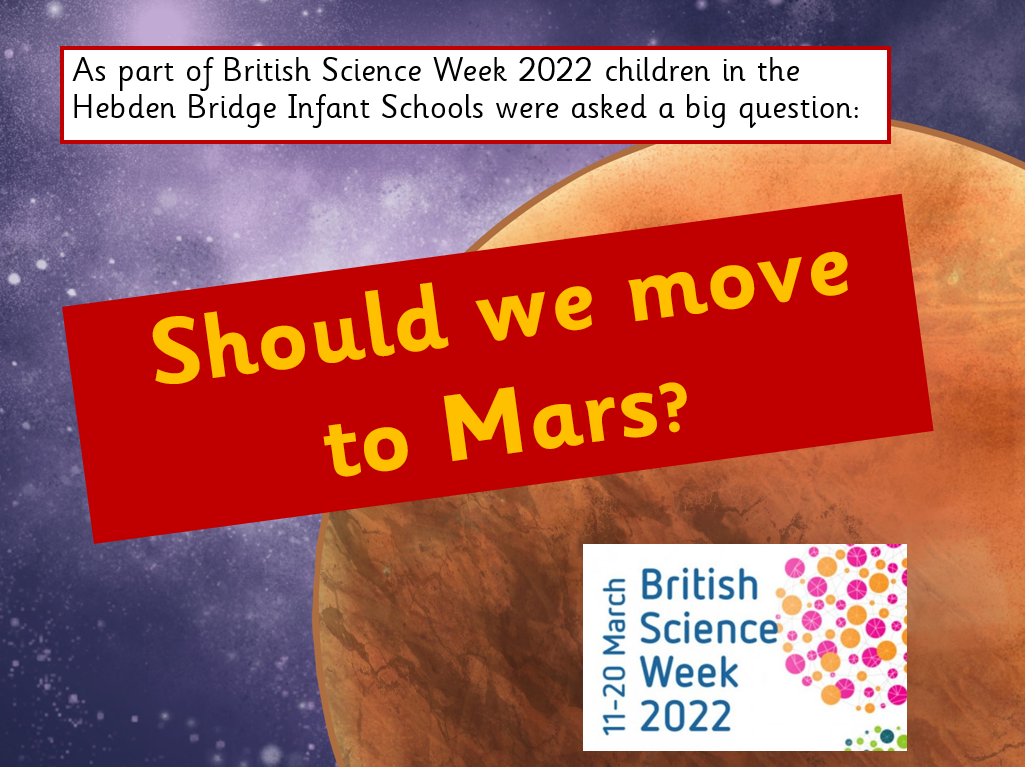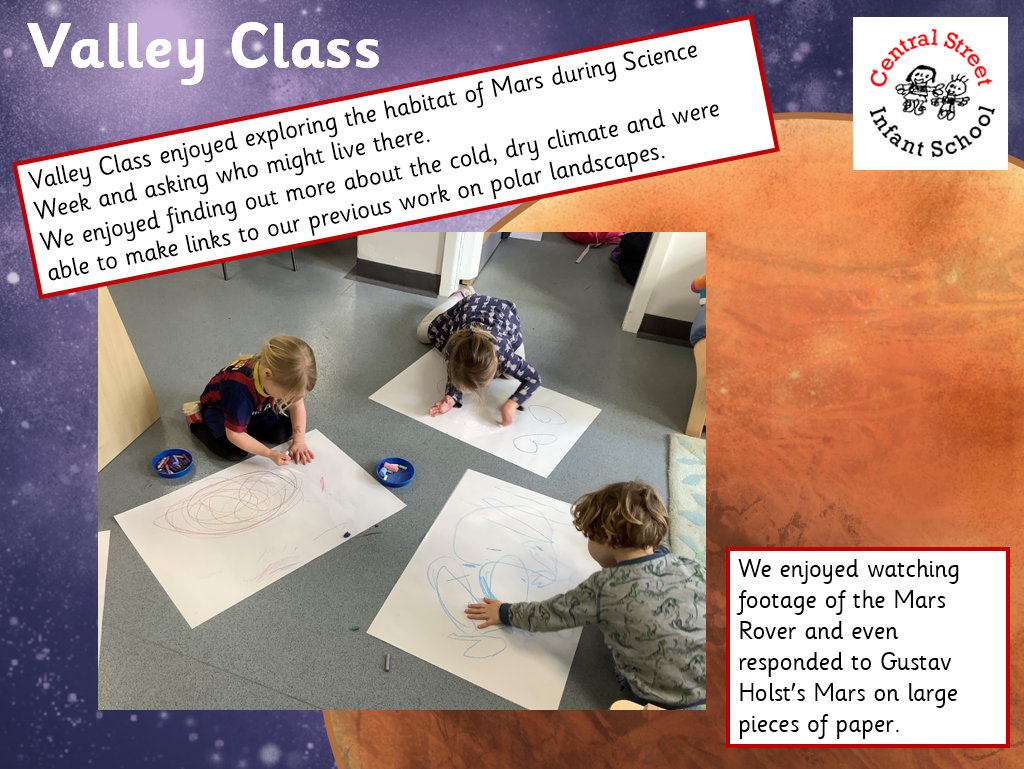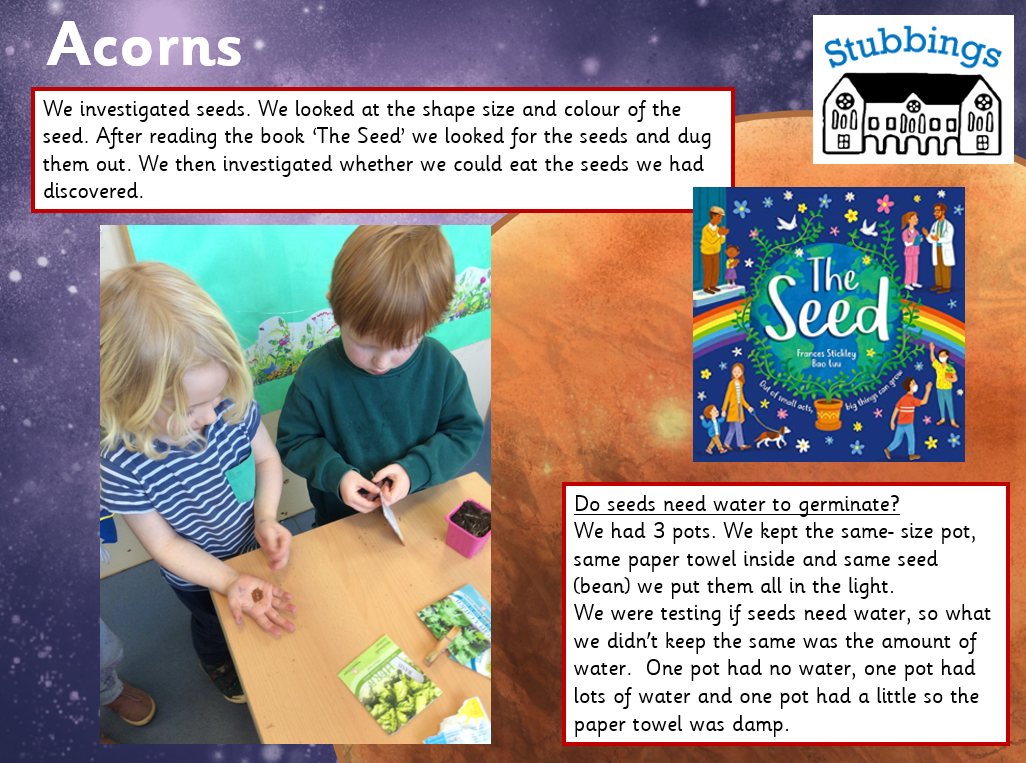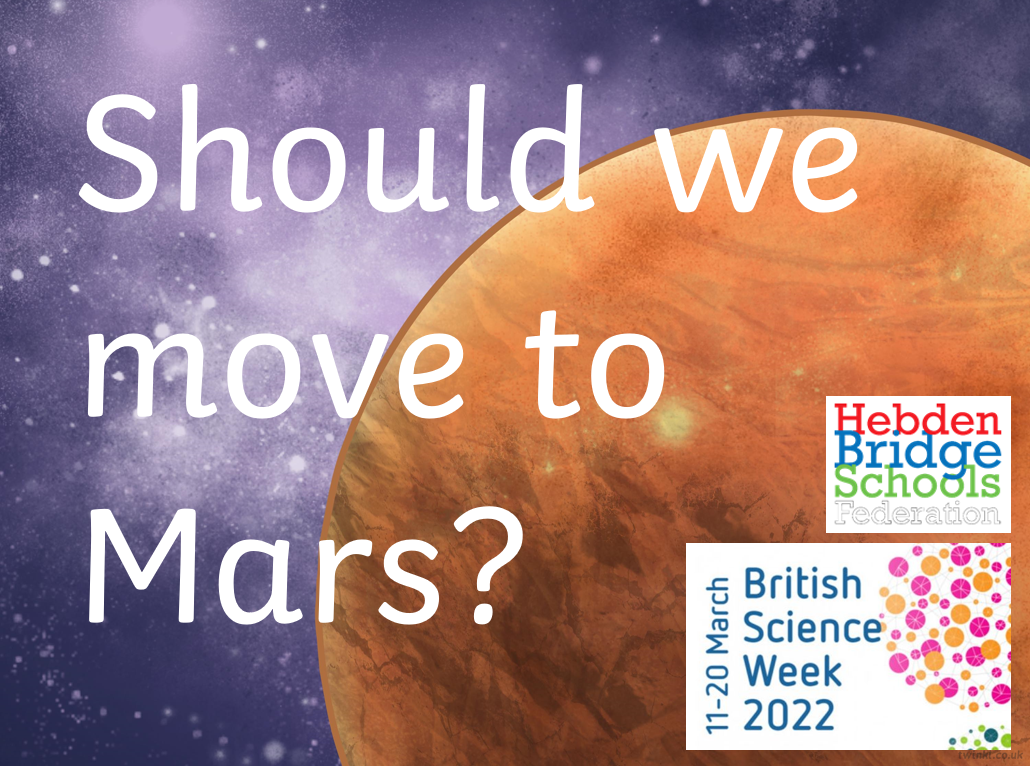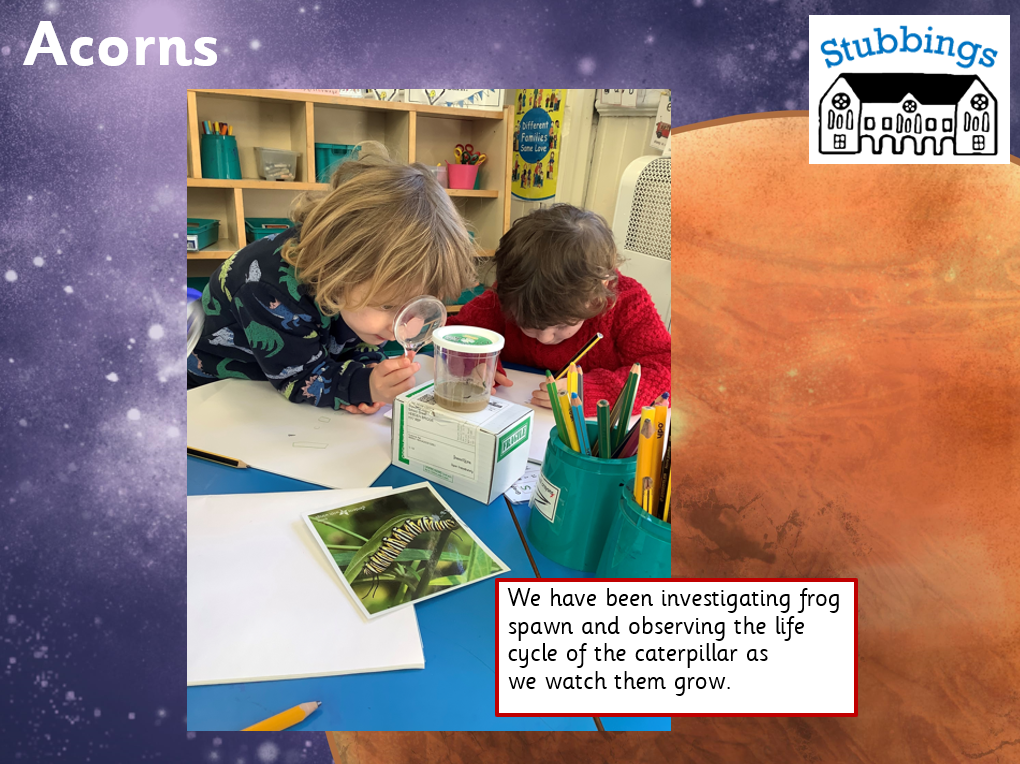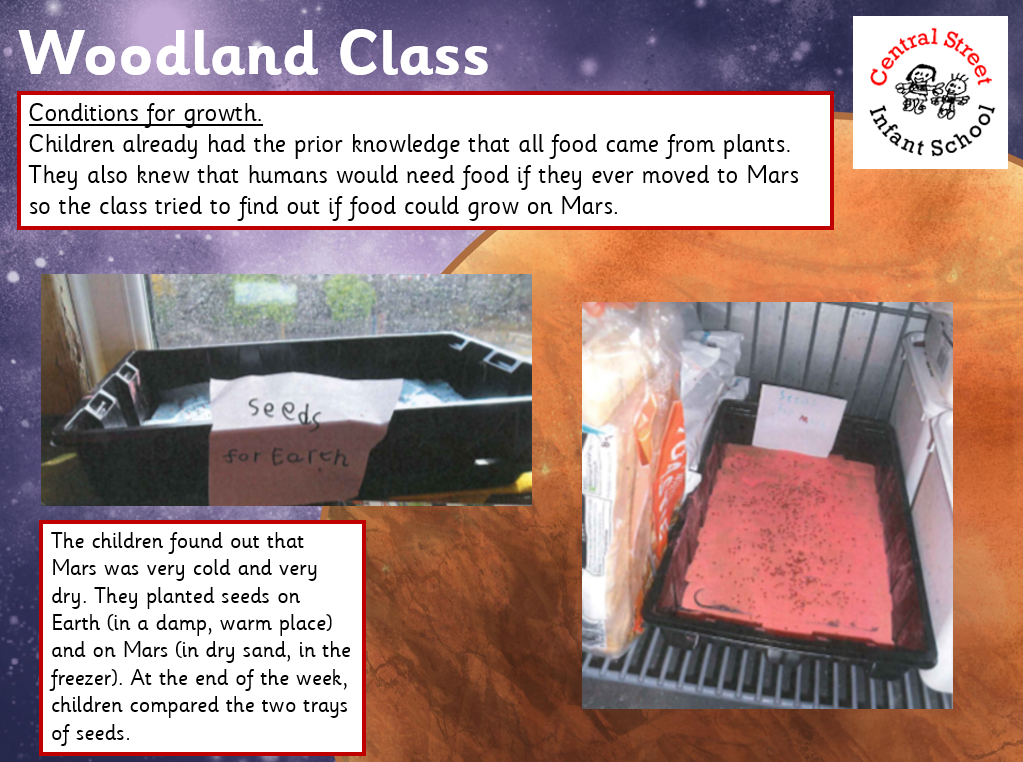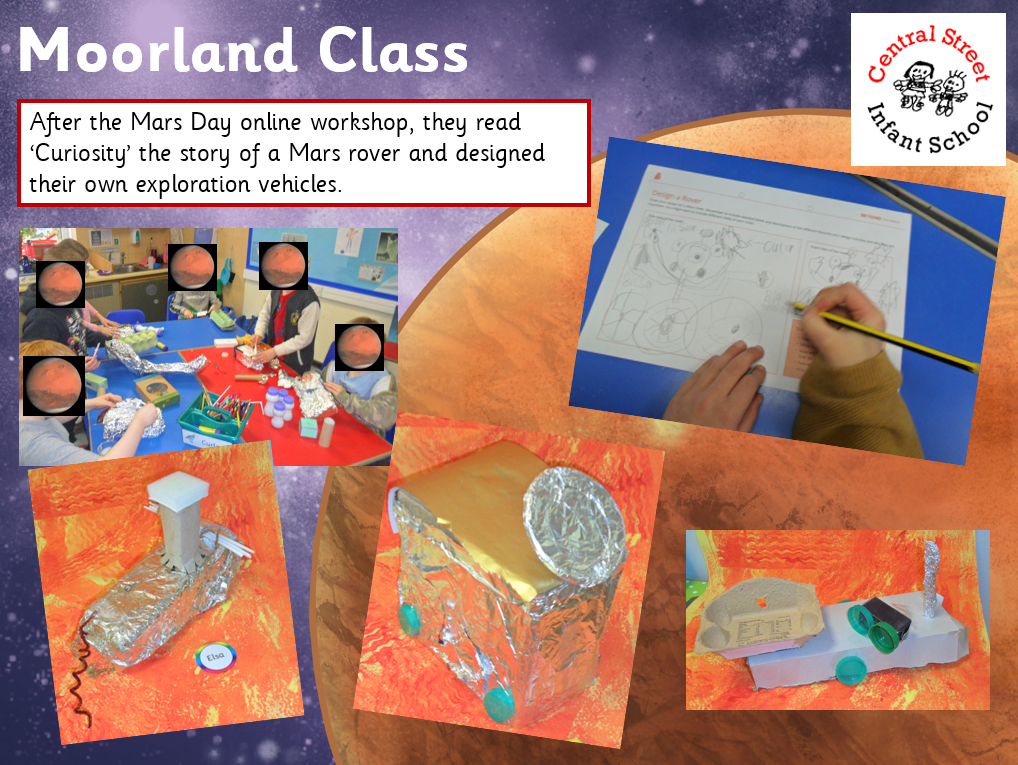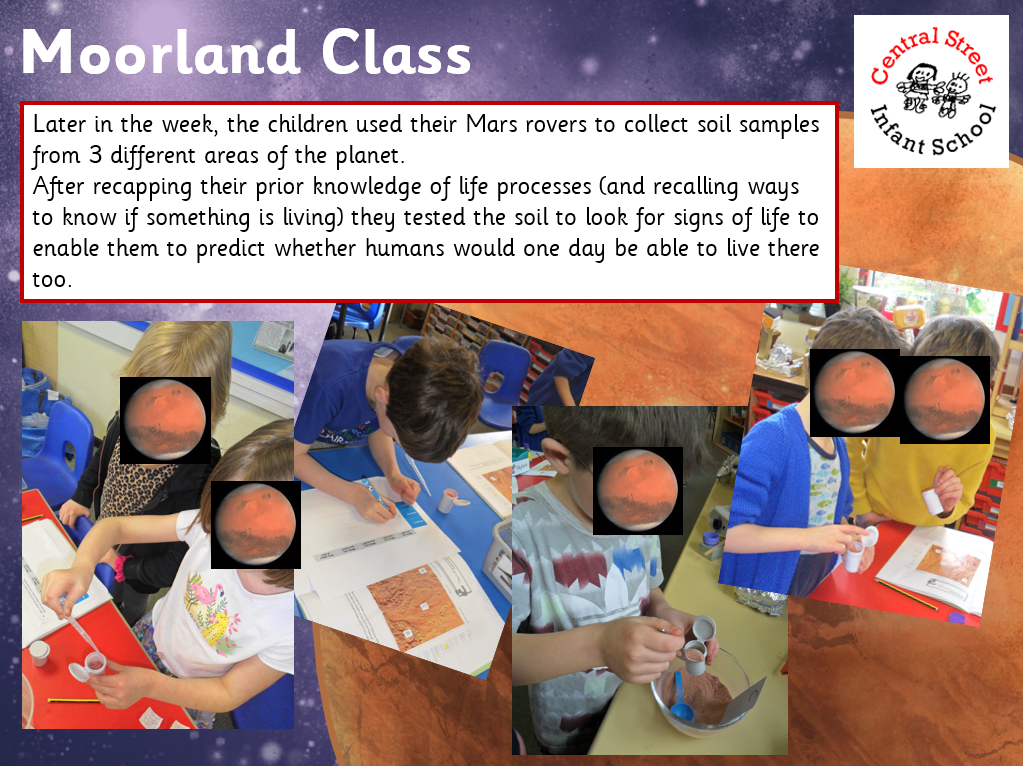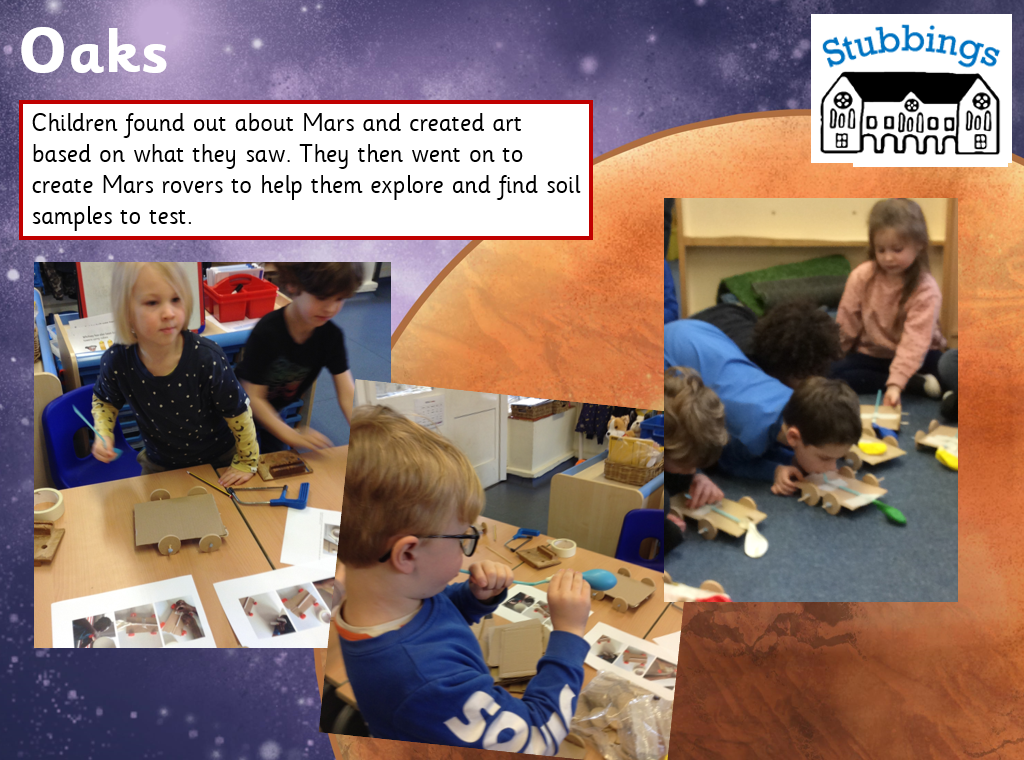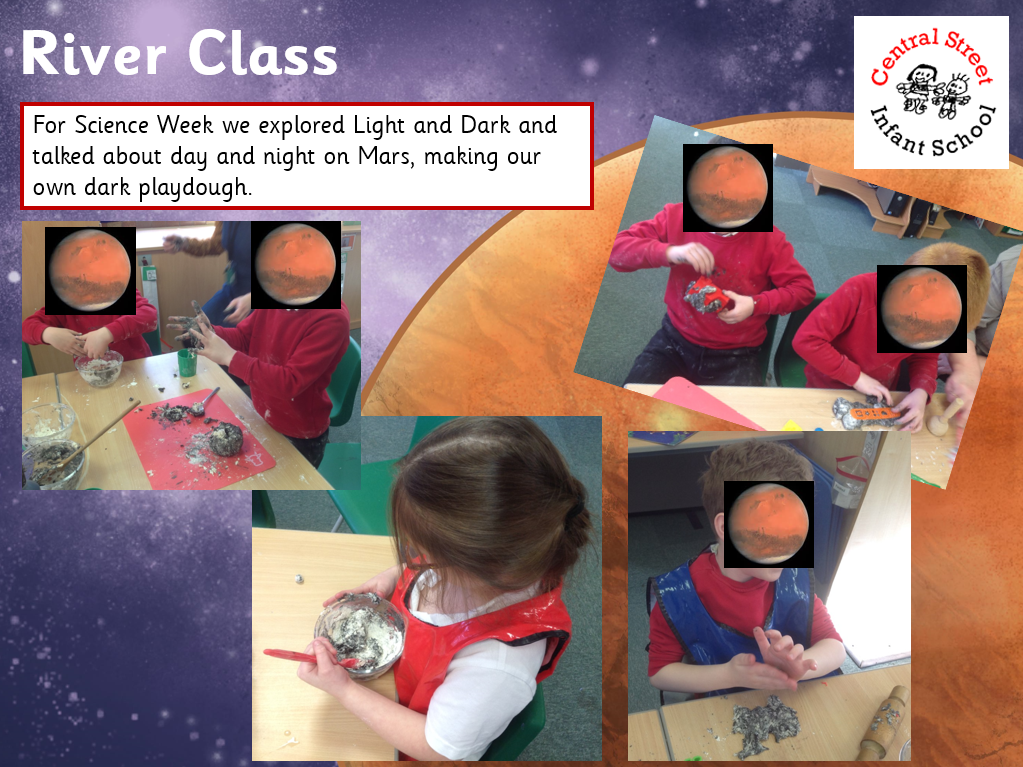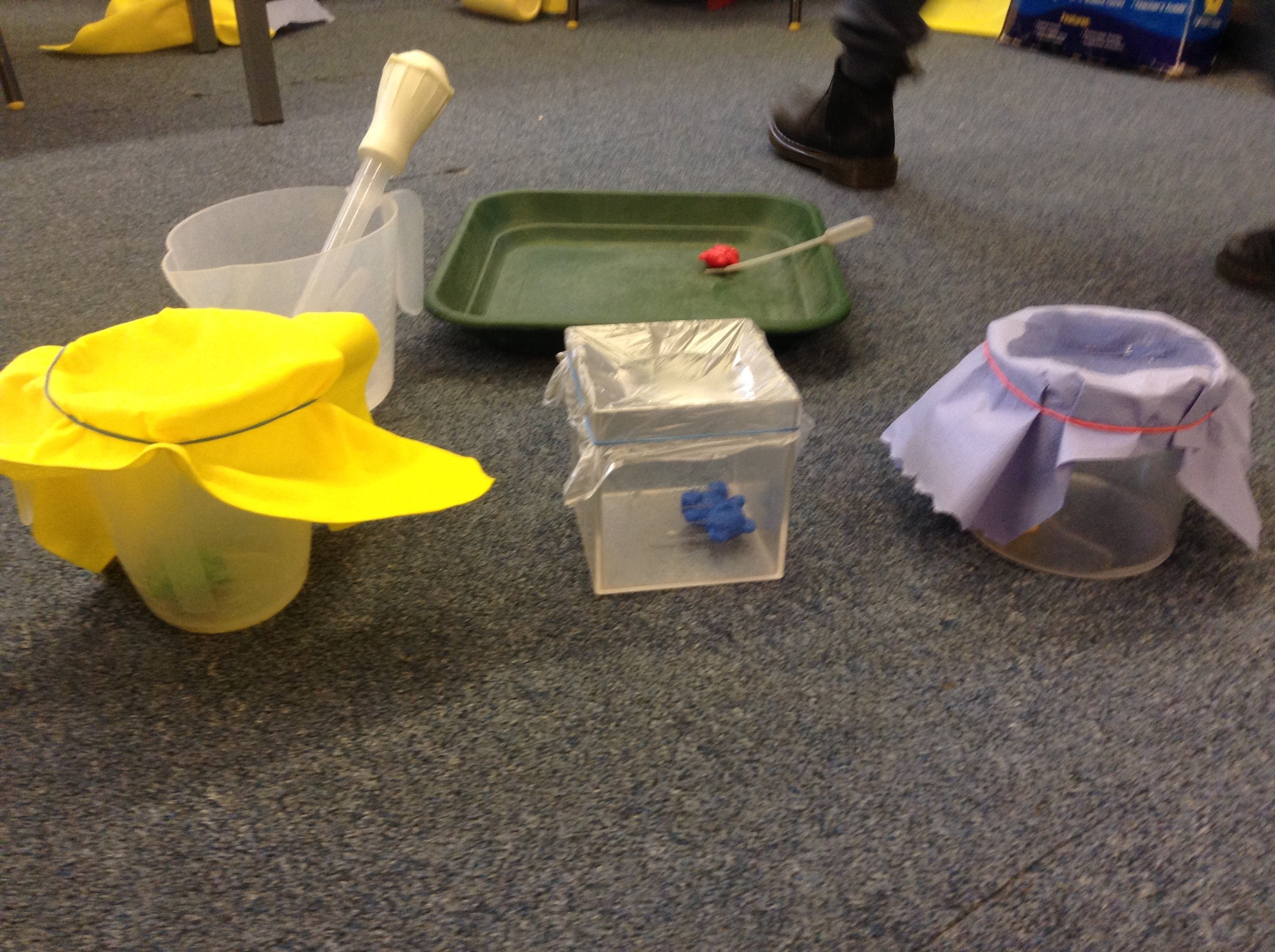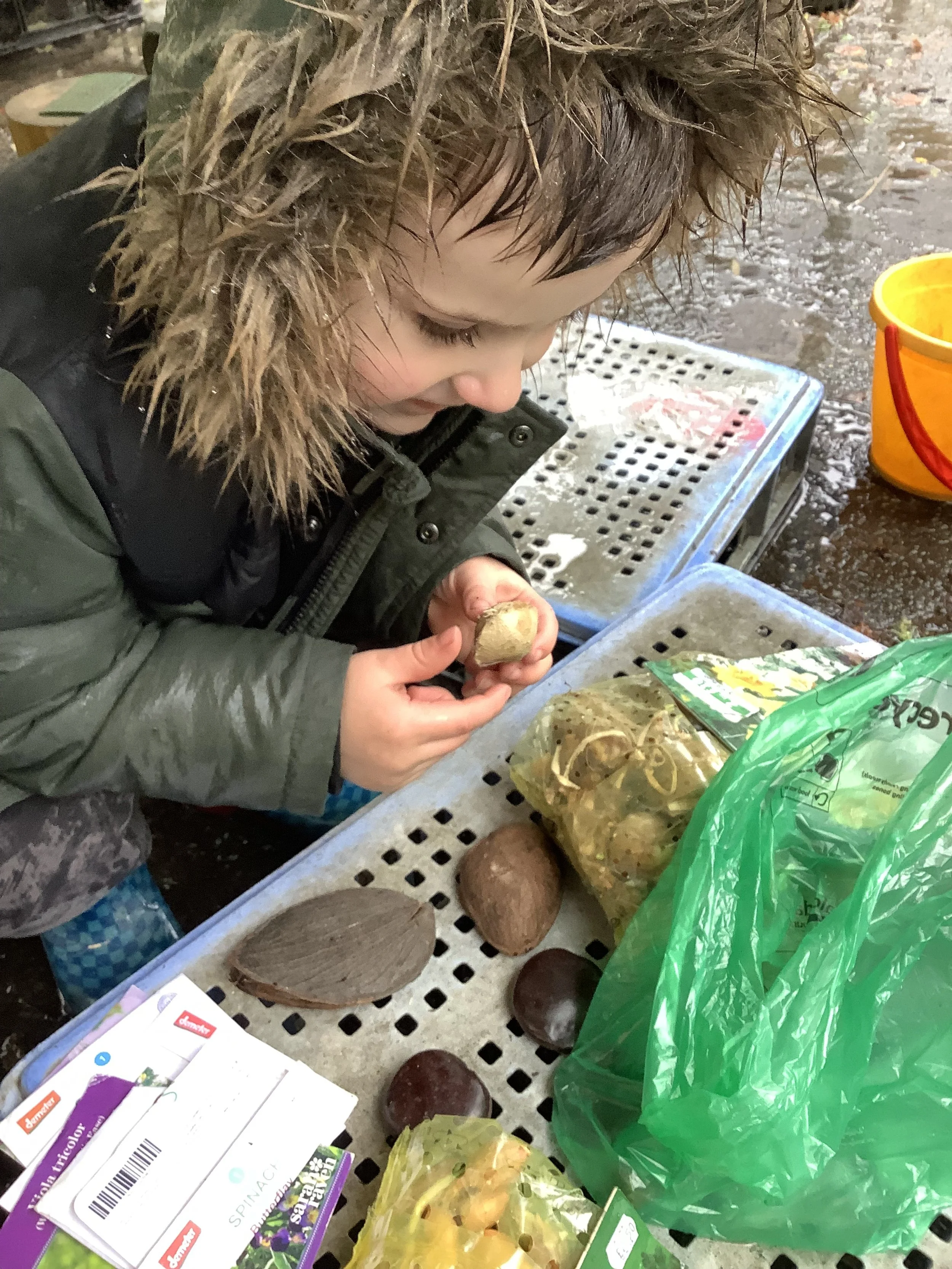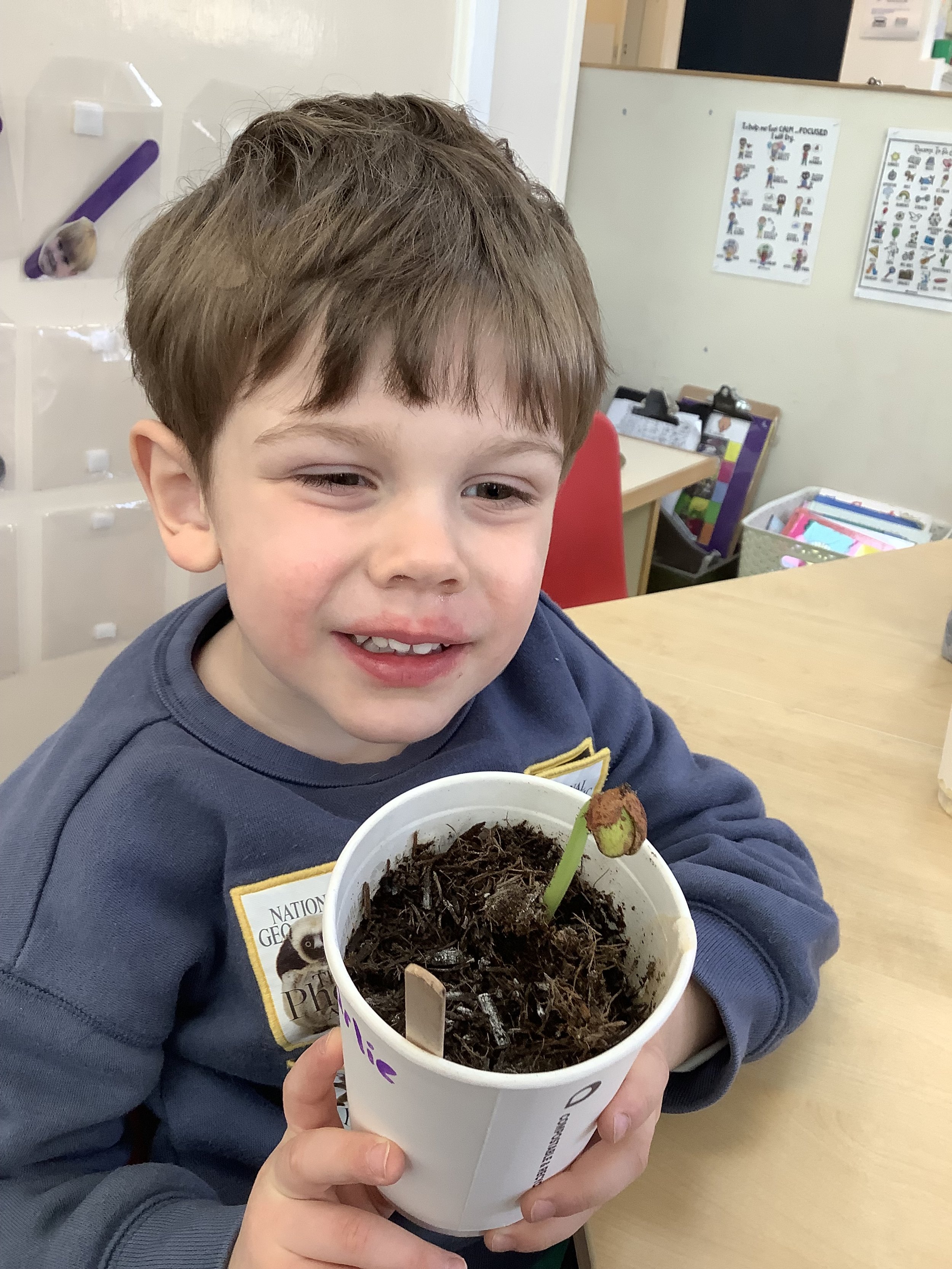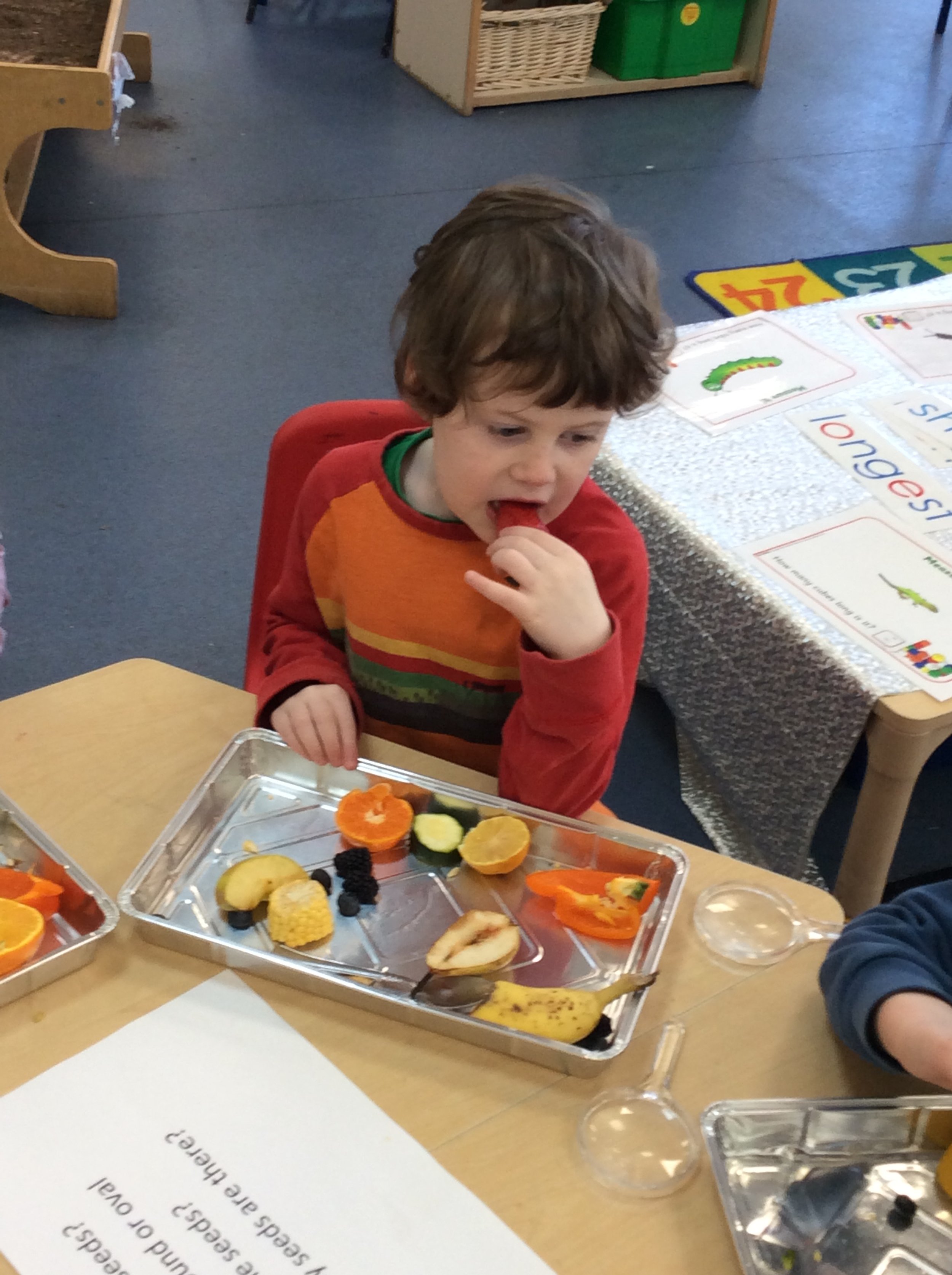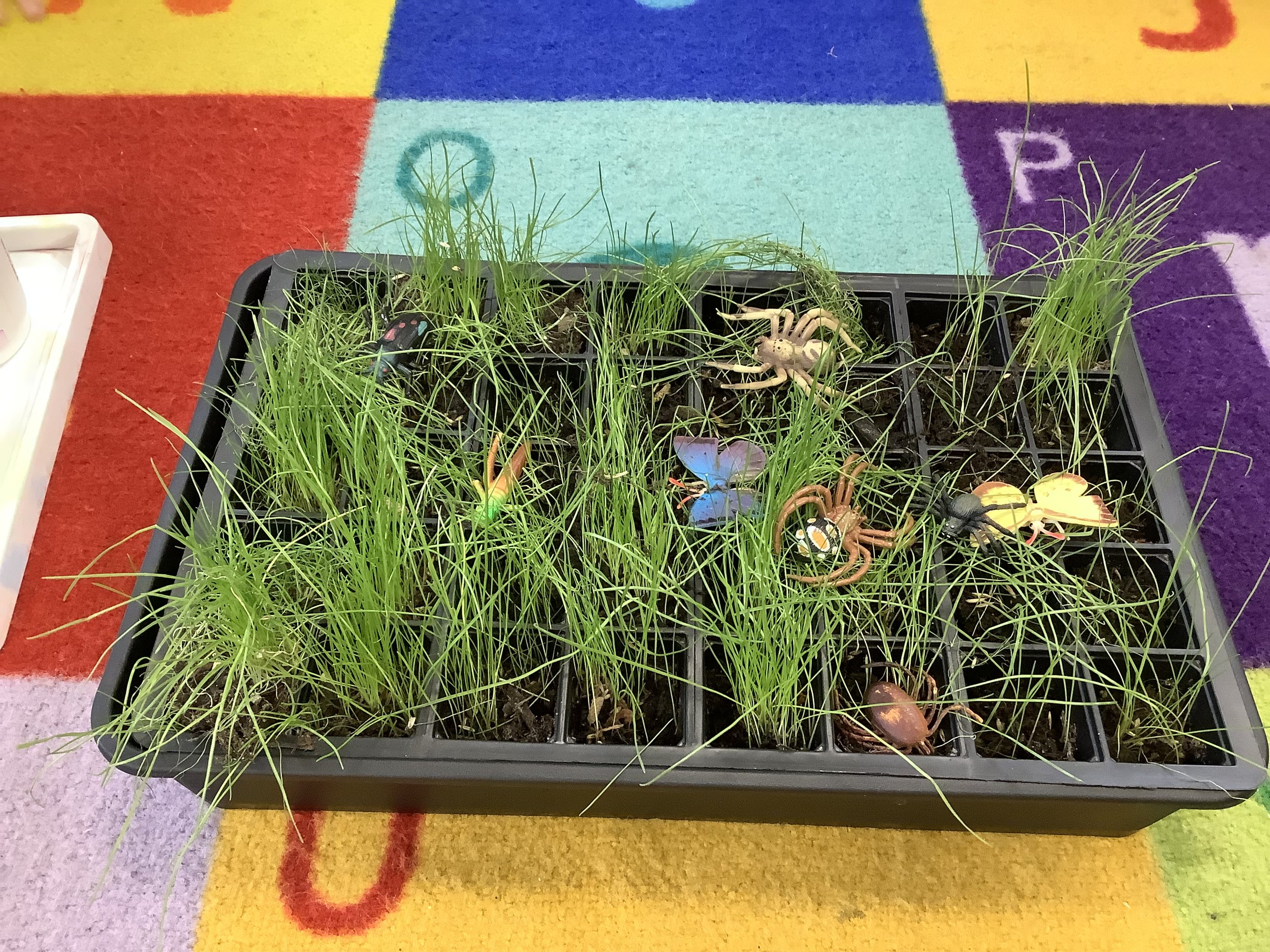
Science at Stubbings
Our science curriculum will stimulate and challenge children’s natural curiosity about the world around them. It will have strong links with other subjects such as, technology, maths and geography. It will enable children to make links in their learning and provide a strong context for children’s scientific thinking, skills and knowledge.
Intent - How is our Science curriculum designed?
At Stubbings, our children are SCIENTISTS! Our intent is to stimulate and challenge children’s natural curiosity about the world around them. Our Science curriculum will give every child the opportunity to confidently explore and discover what is around them, so that they have a deeper understanding of the world we live in.
We want our children to have a broad vocabulary. Scientific vocabulary is taught, displayed and built upon as topics are revisited in different year groups.
We want our children to love science. We want them to have no limits to what their ambitions are and grow up wanting to be astronauts, forensic scientists, geologists or palaeontologists. We want our children to remember their science lessons in our school, to cherish these memories and embrace the scientific opportunities they are presented with!
Our scientists will:
· Be curious
· Ask and answer questions
· Notice and observe
· Seek patterns
· Identify, classify and group
· Describe and explain
· Make predictions, analysis and conclusions
Implementation - How is our Science curriculum delivered?
At Stubbings, we use a range of strategies to introduce, explore, and fully understand scientific learning. When required, this will be adapted to best suit each class and each individual learner so that they are able to make their personal best progress with their learning.
In EYFS, science is introduced indirectly through activities that encourage children to explore, problem solve, observe, predict, think, make decisions and talk about the world around them. It is called ‘knowledge and understanding of the world’.
In KS1, science is taught weekly.
Each year group’s learning objectives will come from the national curriculum and, wherever possible, fit with an associated topic and ‘big question’ at an appropriate time of year, within an appropriate sequence and within the children’s developmental stages so that they are best able to access the learning.
We build upon the learning and skill development of the previous years. As the children’s knowledge and understanding increases, and they become more proficient in selecting, using scientific equipment, collating and interpreting results, they become increasingly confident in their growing ability to come to conclusions based on real evidence.
Working Scientifically skills are embedded into lessons to ensure these skills are being developed throughout the children’s time in school, and new vocabulary and challenging concepts are introduced
Children will be shown that there are a variety of types of scientific investigations and be taught these across their time in school:
- Fair testing
- Classification
- Exploring and observing over time
- Problem solving
Children will develop an understanding of what the differences are between these types of investigations, the pros and cons of each, as well as when it is best to select a particular approach.
Science Week
Nell Bank trips – active whole day outdoor learning workshops
Impact – How effective is our Science curriculum?
The successful approach at Stubbings results in a fun, engaging, high-quality science education that provides children with the foundations for understanding the world. If our intent and implementation are successful, then at Stubbings we would expect to see:
A broad and engaging curriculum that makes use of a range of resources, such as visitors, local attractions and connection with national agencies such as the STEM association and the UK Space Agency.
Children who have the understanding that science has changed our lives.
Children and staff who are enthusiastic about scientific learning
Children and staff who can speak confidently about science, including uses in the real world.
Children who can use appropriate scientific vocabulary in oral and written form
All children being successful in sharing their understanding of scientific concepts
Children who can make links between different areas of science and other subject areas
Children who can recall prior scientific learning when required and use this to understand new learning
Staff who are able to anticipate potential misconceptions and address these confidently
Children meeting their age-related expectations in science consistently
Science Week 2022
As a Federation we explored how to find an answer to the question: Should we move to Mars?
This is what the children at Stubbings and Central Street got up to…

